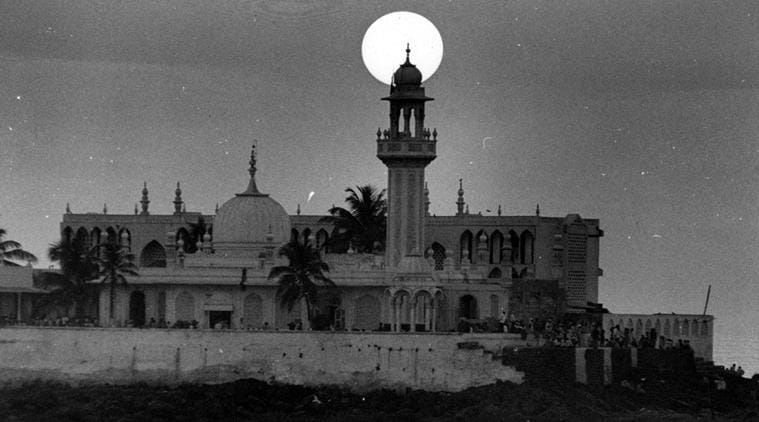
The genesis of the conflict lies in a campaign launched by the Bharatiya Muslim Mahila Andolan (BMMA), which works for empowerment of Muslim women, in the implementation of the Sachar Committee report. Before starting the campaign, activists of the group decided in June 2012 to offer prayers at the Haji Ali Dargah, a 585-year old shrine of Sayyed Peer Haji Ali Shah Bukhari, located on an islet off the Mumbai coast.
Activists realized that women who earlier had access to the Asthana — the actual spot where the saint is buried — were now not being allowed to go inside and touch the tomb.
The Haji Ali Dargah is governed by the Haji Ali Dargah Trust which is a public charitable trust registered under the Maharashtra Public Trust Act. The trustees of the Dargah had decided to deny women access to the grave in 2011, calling the practice un-Islamic. It had stated that it was rectifying its earlier mistake of allowing women to touch the actual grave.
Entry to the main hall of the Dargah is segregated for men and women: men enter through the south, women through the east. At present, separate arrangements have been made for women. They are allowed to proceed to a certain point which is an area of approximately 275 sq feet — three feet away from the tomb — from where they can pray.
[source;indianexpress]



















